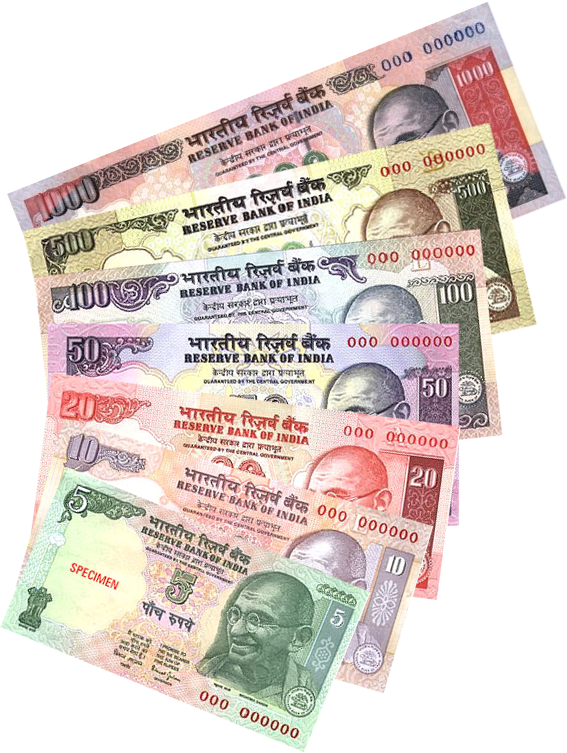By Subhash Narayan
New Delhi– The government may initiate a barter trade arrangement with Venezuela to prevent disruption of oil supplies from the Latin American country following threats from the United States to extend Iran like sanctions there as well.
Diplomatic sources said that a mechanism akin to Rupee-Rial trade between India and Iran is being looked at where Venezuela will be paid in rupee in the branch of an Indian bank for its oil, while this money can be used by Venezuela to import food and other essential items from India.
Venezuela is the fourth-largest oil supplier to India after Saudi Arabia, Iraq and Iran. It accounted for about 11 per cent of India’s oil supplies in 2017-18, supplying close to 18 million tonne (MT). India imported 155 MT of oil in 2017-18. The imports are expected to hit over 170 MT in FY19.
“India and Venezuela discussed the mechanism to continue the oil trade at last month’s Petrotech meeting in Delhi. This is being further discussed at official level so that a payment mechanism around Indian rupee is operationalised,” said an official source privy to the development.
The total trade between India and Venezuela currently stands at about $6 billion and is heavily tilted in favour of the Latin American country due to oil imports by India. The main items of Venezuelan imports from India include pharmaceutical products, machinery, organic chemicals, cotton, iron and steel and vehicle parts.
Diplomatic sources quoted earlier said that oil-for-medicine or oil-for-food deal has been a non-starter, as in the past Venezuela has favoured bilateral deals with Indian pharmaceutical companies rather than locking supplies of medicines with oil exports.
This experience has not been a happy one for Indian companies such as Novartis and Dr Reddy’s, who also faced payment issues earlier there. But now with Venezuela itself facing severe shortages, India sees an opportunity to re-start talks on barter trade arrangements.
It is worth noting that India’s trade deficit with Iran narrowed when the latter was on sanctions, as Iran felt compelled to use up its rupee reserves. India’s experience in rupee-rouble trade with the erstwhile Soviet Union has also been good.
The US is likely to disapprove of such efforts, but India also does not want to lose yet another oil-rich nation from its import list that could have a bearing on its energy security.
The US is seeking to cut off Venezuela’s oil revenue as part of its efforts to build pressure on President Nicolas Maduro to step down. The US has recognised opposition leader Juan Guaido as the head of state. The sanctions mean that anyone using the US banking channels or having big presence in the US and also continuing to deal with Venezuela will also face restrictions.
In view of this, Indian buyers such as Reliance Industries and Nayara Energy (formerly Essar Oil) have already expressed their concern. These company are big importers of oil from Venezuela. In fact, Reliance Industries accounted for 80 per cent of Venezuelan oil imports to India in 2018 at 2,70,000 barrels a day. But the company sources said it has decided to cap oil purchases from Venezuela in view of the sanctions.
Alternate payment mechanism in rupee and barter trade arrangement is expected to keep oil flowing from the Latin American country even with hardening of US sanctions. (IANS)







